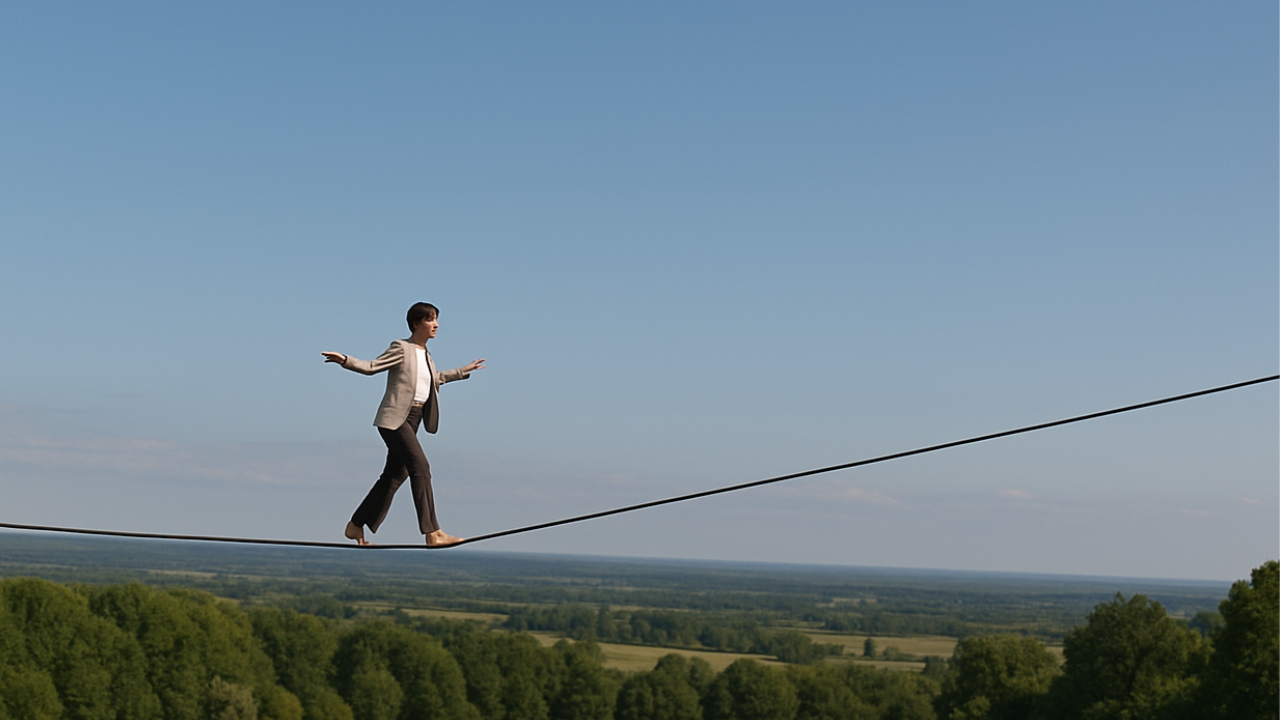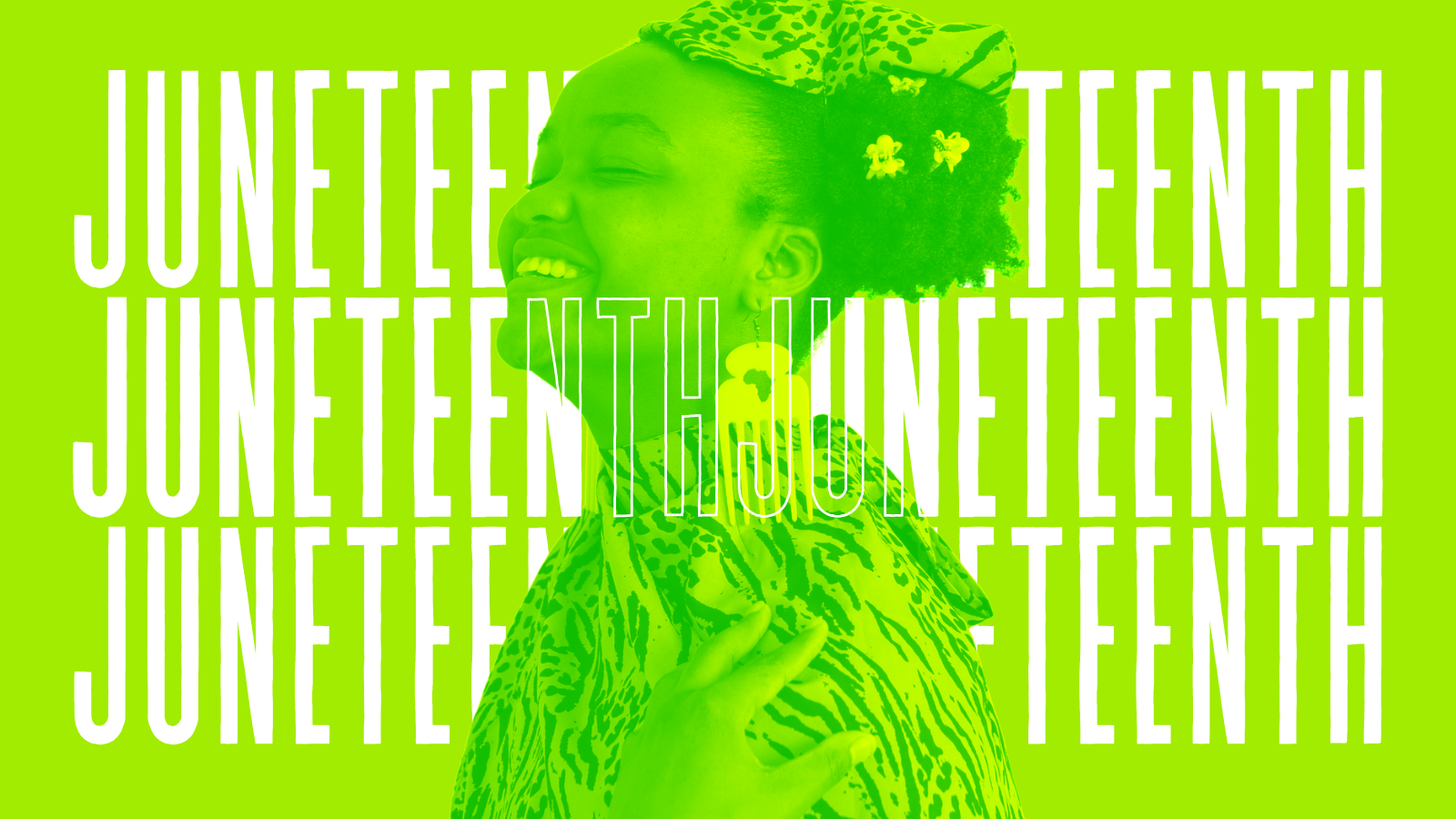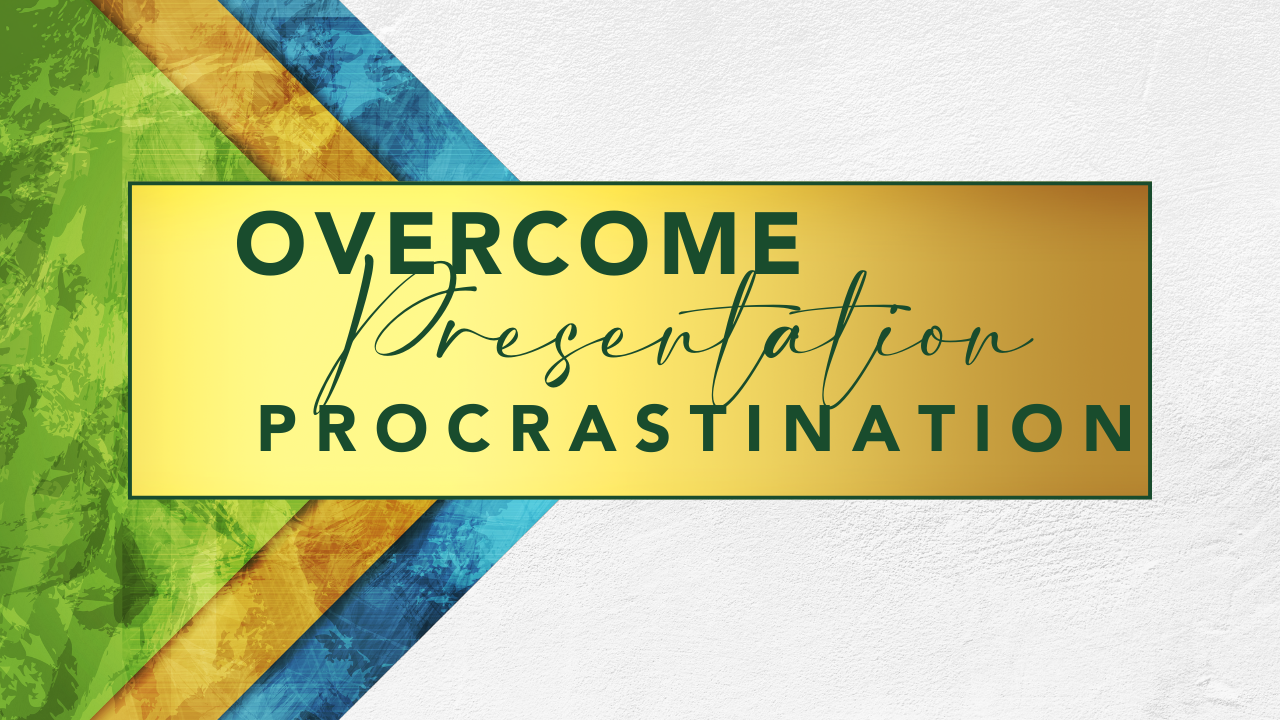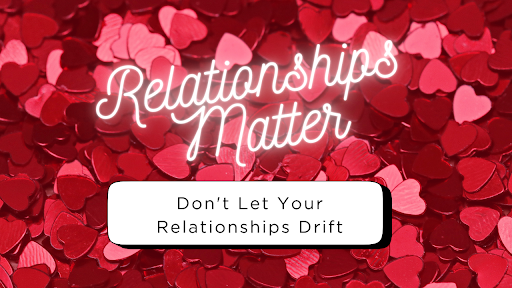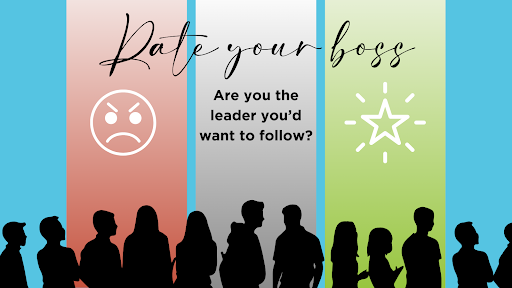Is it true what they say about every generation criticizing the one that follows?
If so, how can we prevent ageism from creeping into our thoughts and polluting our relationships? What can we do to foster and engage in more ageless conversations in our workplaces and beyond?
I ask these questions because I recently had an unpleasant experience while attending a virtual networking group. I’ve been processing the experience over the last few days and felt compelled to write a blog about it. If nothing else, but to get it out of my system.
To set the context: I attended a very informative, interactive and professionally moderated webinar on entrepreneurship. They shared ideas and recommendations for accessing capital in order to grow your business. They discussed the importance of having a business plan and knowing how to talk about your business to bankers and other financiers. I was taking notes!
After the formal event was concluded, they invited the participants to hang around and do some networking. Their web platform (which was very cool) allowed people to select one of six networking rooms to virtually walk in on. I decided to hang around for this post-event networking so that I could meet some of the other people attending the virtual event. “What the heck,” I thought to myself. “I could meet some interesting new people, expand and diversify my network. And it might just be fun.”
It started out okay. There didn’t seem to be a facilitator or structure or ground rules. Just 6 strangers put into a virtual room to figure it out. We started off with an easy ice-breaker, “Where are you calling in from today?” Then we graduated to “What was your big takeaway from today’s panel discussion?” After that, things started going south.
One participant began to heavily complain about millennials.
Apparently based on his experience with his five adult children (who apparently failed to launch), he felt justified in trash-talking the entire generation. We tried to reason with him and offer other perspectives, but he would have none of it. He dug into his age bias and continued to generalize and condemn young professionals. His commentary and behavior were so unsavory that I felt compelled to intervene and redirect the conversation.
I could feel my heart rate increase. I thought about “leaving” the virtual room to get away. But something held me there – the need to say something, to be candid, to call out unjust bias. I mustered the social and intellectual courage I needed to say what needed to be said. With a calm and collected voice, I said to him, “I have to be candid with you; this conversation has become unproductive and a bit offensive. I think we should change the topic.”
And then instantly, he signed off. His picture and name left the screen. Poof. He was gone.
It was a surprise, but a welcome one. I was relieved. I think we all were. We dusted ourselves off, and without disparaging him in his absence, we pivoted to a completely new topic. The networking conversation got much more interesting and professional from that point forward. By the end of the conversation, I found myself in conversations with professionals from the country of Panama, Madrid/Spain and Houston/Texas. From then on, it was really interesting and fun to be part of this virtual group networking conversation.
What did I learn from this experience?
Generalizing can be dangerous. It promotes faulty thinking and can lead to bias, stereotypes and discrimination.
Being negative is not good.
While we all have the need to vent from time to time, you have to be careful when and with whom you do this with. Complaining and/or speaking poorly of other people has a boomerang effect – it will reflect poorly on your personal brand. (Note: It would be a fair criticism of me, as the writer of this blog post, to say that I am being negative, and that I am complaining about others those complain. Kind of ironic?)
Being candid is important. Don’t let fear of rejection, social embarrassment or intimidating bullies stop you from saying what needs to be said. Being frank, open and sincere in your communication and expression will help you reclaim your voice and authenticity.
Don’t contribute to ageism. Criticizing young people makes you look and sound old. Stop doing this. Change your mindset.
We all have to get along. We are living and working in a multi-generational society. At present, the five generations in the workplace include:
- Traditionalists – born 1927–to-1945
- Baby Boomers – born 1946-to-1964
- Generation X – born 1965-to-1980
- Millennials – born 1981-to-2000
- Generation Z – born 2001-to-2020
And of course, there’s this realization….
Every generation criticizes the one that follows
This experience made me curious about why it is that the older generations seem to berate the younger generations. Was this just a one-off experience of mine? Is this a trend? Or is this a historical norm?
I found an informative article on the Wall Street Journal website entitled “Why the Old Look Down on the Young” by Alison Gopnik (posted Dec 5, 2019). Based on a recent research study, the article suggests that “the younger generation isn’t getting worse; older people just like to think they are.”
A research paper that appeared in the Science Advances journal (you can download the full research paper) has some delightful and surprising findings. Authors John Protzko and Jonathan Schooler of the University of California at Santa Barbara summarize their findings with the term, “kids these days” illusion.
Here are a few insights from the study and the WSJ article:
- Old folks who are complaining were once on the receiving end of the same complaints themselves.
- Older people weren’t responding to objective facts about the young, instead they were making subjective comparisons in which they themselves came off best.
- Older folks compare those young people to their own memories of what they were like at the same age. Only those memories are unreliable.
- When we complain about the next generation, we’re actually comparing them to an idealized version of our own past, obscured by the flattering fog of memory.
Finally…
When it comes to getting along, both young and old need to keep an open mind and heart, maintain a positive attitude and a good sense of humor. Let’s all strive to have more “ageless conversations.”
These quotes might help put us in a good frame of mind:
“It’s the times. Young people these days. No respect for their elders. The way they throw rocks at our houses. We used to throw rocks. Yeah, but we did it respectively.” ~
Chris Willrich, science fiction writer/author
“Age is an issue of mind over matter. If you don’t mind, it doesn’t matter.” ~
Mark Twain
“Wisdom doesn’t necessarily come with age. Sometimes age just shows up all by itself.” ~
Tom Wilson
“Age is not important unless you’re a cheese.” ~
Helen Hayes
“Anyone who stops learning is old, whether at twenty or eighty. Anyone who keeps learning stays young. The greatest thing in life is to keep your mind young.” ~
Henry Ford
“There is a fountain of youth: it is your mind, your talents, the creativity you bring to your life and the lives of people you love. When you learn to tap this source, you will truly have defeated age.” ~
Sophia Loren
“The youth is the hope of our future.” ~
Jose Rizal
“That’s where the future lies, in the youth of today.” ~
Willie Stargell



